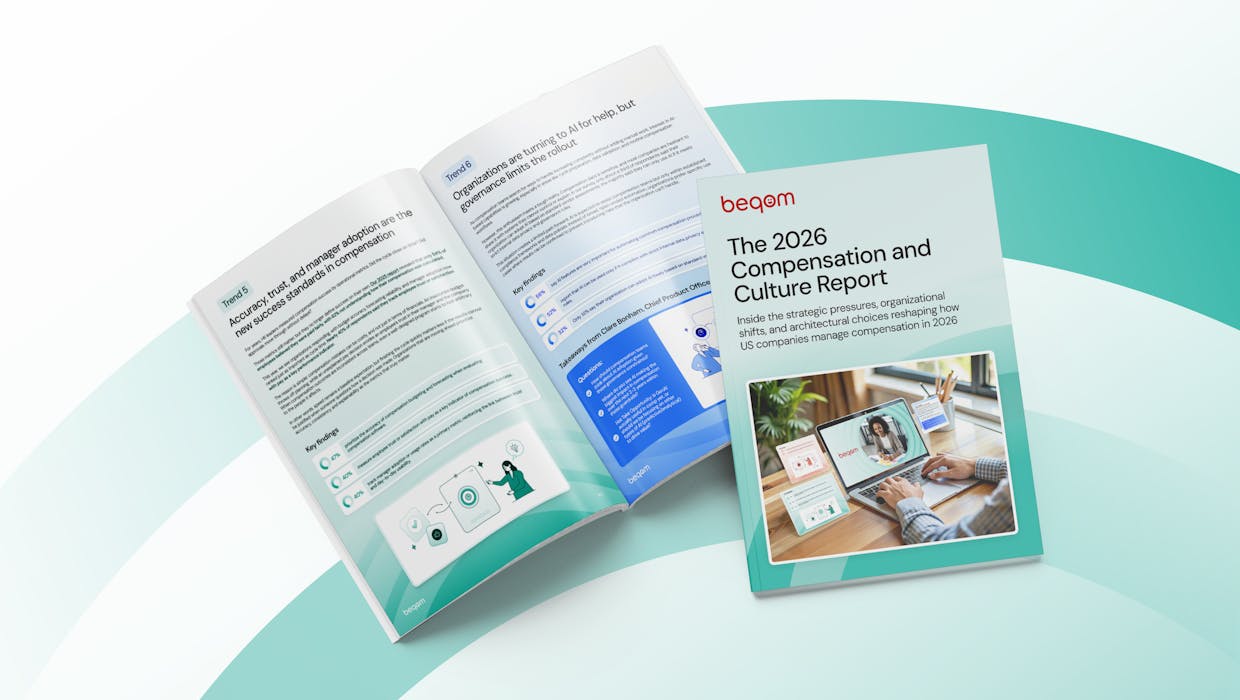Metrics that Matter: 6 Key Metrics to Drive Sales Performance

Learn more about the following beqom products
A time-honored business adage is, “If you can’t measure it, you can’t improve it.” Nowhere is that more true than in sales performance. If you know what to measure, how to measure it, and how to analyze the results, you can improve the effectiveness of your sales force and deliver the results your management is expecting. Wouldn’t that be nice?
In my own quest to understand current best practices in metrics-driven sales performance, I recently hosted some top experts in the field, including Joe DiMisa, Sales Effectiveness Practice Leader at Korn Ferry, and Chris Wales, President of Intangent, a consultancy specializing in Sales Performance Management and Sales Effectiveness solutions. Rounding out the panel was Trevor Walker, beqom’s VP of Product Marketing and long time veteran of the enterprise software industry.
The resulting analysis is now available as an on-demand webcast, Road to a Successful Sales Transformation, which outlines how you can develop a best practice Sales Performance Model that will position you to deliver maximum sales results and a Sales Analytics Model that will operationalize the strategy, provide insight to your sales teams and management, and provide prescriptive guidance to achieve your objectives.
Metrics and analytics related to sales performance and compensation are your keys to an effective, pay-for-performance sales culture. This is more important than ever, not only because you need to achieve revenue targets and ROI, but because top salespeople are looking for companies with the infrastructure and processes in place to support their success, and the right compensation plans to reward it. To assess where your company stands on an Analytics Maturity Model, which Joe DiMisa explains in the webcast, you need to give thoughtful consideration to the objectives, availability and feasibility of data, who needs what data and why, and steps to execution of the data strategy.
When sales teams fail to get value from their analytics, it’s often because the data is too esoteric or complex for management to quickly comprehend, doesn’t clearly link to compensation metrics to assess cost effectiveness, or isn’t easily available. But the most common reason for failure is that you are trying to do too much analysis with an overwhelming amount of data (what I call boiling the ocean).
Korn Ferry has narrowed it down to six key metrics that are critical to determining the health of your sales organization:
- Pay for performance analysis generates a coefficient of correlation between pay and results, to see if your cost of sales is in line with norms.
- Pay differentiation helps you to determine if plans are rich enough and rewarding the right people, that is showing whether top performers are being rewarded accordingly.
- Pay composition shows whether the compensation mix is matching what would be expected based on the comp plan targets.
- Performance distribution analyzes attainment and tells whether your quotas are too high or too low.
- Pay distribution shows targets vs. results per quarter, and whether reps are earning what they should be.
- Compensation cost of sales is perhaps the most important measure of sales effectiveness, and can help you pinpoint problems when comparing quarter to quarter, channel to channel, or year over year.
For more insights from Korn Ferry, Intangent, and beqom, on how you can design and deploy a transformational metrics-driven sales performance strategy, and leverage powerful compensation management software, watch our on-demand webcast.







